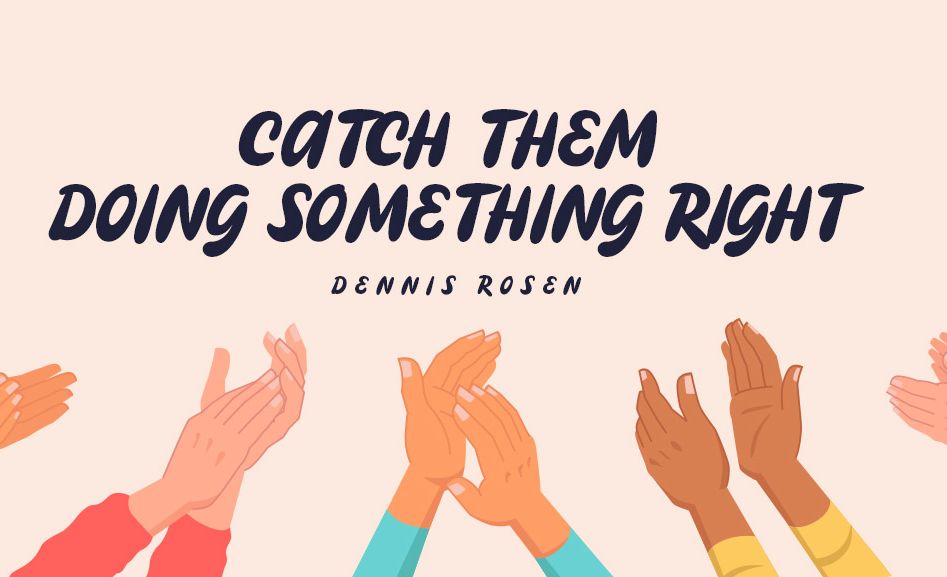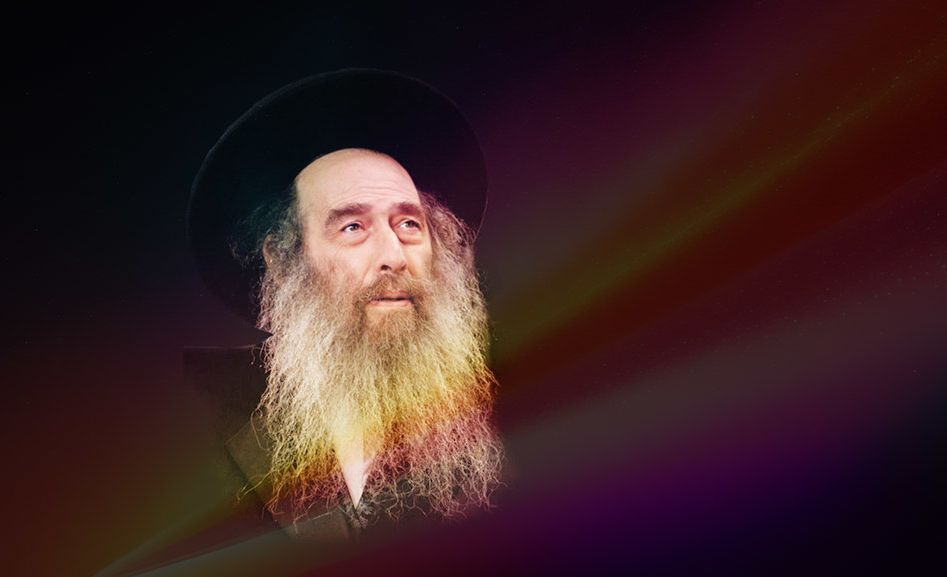
Gratitude – Joy and Love of Hashem
Unhappy people are constantly complaining. They are often ungrateful to those who have helped them, an attribute known as kafuy tov...

In my previous article I shared with you the importance of hakarat hatov, gratitude, which is first step in kibud av v’eim, honoring one’s parents. Once our children understand and internalize this basic concept, the family unit can, with Hashem’s help, live harmoniously.
I would like to continue along this vein by focusing on another shiur given by my father, HaRav Shmuel Scheinberg, z’tzl, entitled “Reflections on the relationship between Gratitude (Hakarat Hatov) Joy (Simcha) and Love of Hashem (Ahavat Hashem).“
Before the High Holidays, we read the parsha containing the Tochacha – the long list of suffering that the Jewish Nation has endured. There, the Torah explains the reason for all these tragedies: “Because you did not serve Hashem with joy.”
While it is true that simcha, joy, is a vital element in avodat Hashem, Divine service, why does the absence of joy result in calamity, and such great calamities as are detailed in the Tochacha?
To understand the importance of joy, let’s look at what happens to people who are missing joy, who are unhappy. Unhappy people are constantly complaining. They are often ungrateful to those who have helped them, an attribute known as kafuy tov, (ungrateful, the opposite of hakarat hatov). This was the tragic error of Jews in the midbar, the desert, when they complained about the mann instead of expressing their gratitude.
Seforno explains that persistent complaining and a lack of gratitude to Hashem, are the root of the many tragedies enumerated in Parshat Haazinu. We are described there as an “Am nevel” (Devarim 32:6), which Seforno translates as “a despicable nation that denies rather than acknowledges gratitude for Hashem’s many kindnesses.”
Why do come people constantly complain? Why are they always ungrateful and unhappy? The answer is simple – a lack of Ahavat Hashem, love of God. When I truly love someone, I perceive that person to be without fault. No parent focuses on the flaws of his beloved child. If we love Hashem to the extent that we should; if we even begin to aspire to Shlomo Hamelech’s (King Solomon’s) description of Ahavat Hashem, “I am sick with love” (in other words, blindly in love with the Almighty) we will not complain or be ungrateful. When a person is in love, money becomes insignificant. For that reason, we are willing to spend large sums of money to observe a mitzvah properly.
We can now understand why the severe punishment that is described in the Tochacha is meted out to those who do not serve Hashem joyously those who do not serve Hashem joyously. A lack of joy indicates that that person’s relationship with Hashem is flawed. Mitzvah observance without joy is synonymous with a lack of hakarat hatov (gratitude), and a lifestyle that is devoid of Ahavat Hashem (love of Hashem).
Now that we understand the roots of a joyless life, let’s learn how to bring simcha back into our Avodat Hashem.
* First, let’s contemplate and take to heart what we did wrong. Dovid Hamelech (King David) insists that “Only those with an upright heart can rejoice.” The Tochacha describes not only our lack of simcha, but also that we fail to serve Hashem with a good heart. Once we restore the love of Hashem and joy in doing His mitzvot, we can slowly find our way back. We can reverse the dangerous process that turned us away from Hashem and caused us to suffer so much, by realizing that a lack of Ahavat Hashem led us to become ungrateful and joyless.
* Meditate on how much we have to be grateful for, on all the wonderful presents that Hashem has given us and is constantly giving us (hakarat hatov). This will reignite our natural love of Hashem, which, in turn, will bring us to serve Hashem with joy.
* “I am to my beloved, and my beloved is on to me.” A great rabbi commented that, “If I were to determine how much Hashem loves me (my Beloved is to me), I would simply assess how much I love Him (I am to my Beloved).”
It is our sacred duty to focus on those character traits that will bring us to love of Hashem, joy, and especially on the mida of hakarat hatov, gratitude. The Chinuch says that we can attain the attribute of hakarat hatov to Hashem through expressing our gratitude to our peers and especially to our parents in the form of kibud av veim.
With Hashem’s help our efforts in returning to Him through reevaluating and perfecting our midot will be blessed with success.
* * *
In my book “Precious Jewels,” chapter two, Appreciation for Mitzvos, P. 52, I relate a story that happened to my daughter Devorah, who is now married with grown children.
Devorah arrived home from school and said, “Mama, today my teacher told us that Rosh Hashanah is a very serious and frightening Yom Tov.” I taught my children and students differently. Instead of “frightening’ them about Rosh Hashanah, I would tell them, “You know, yeladim, in just another few weeks, we will be celebrating Rosh Hashanah, the beginning of a new year. When we daven, do teshuvah (repentance), and give tzedakah (charity), not only does Hashem forgive us, but also our hearts feel very happy. Even though on Rosh Hashanah we are all judged and we all daven for a happy and healthy judgment, it is not only a serious time, but also a joyous Yom Tov. Hashem will erase our sins because we will all do teshuvah. As we begin the new year, our neshamot (souls) become clean.
If we raise our children with ahava (love) and simcha (joy) our children will, like a mirror reflecting our image, respond likewise. Each day, Hashem looks into our hearts to see whether we are sincere. When Hashem sees we are really trying, Hashem gives us the hatzlacha, the success, to accomplish our goals.














Tell us what you think!
Thank you for your comment!
It will be published after approval by the Editor.